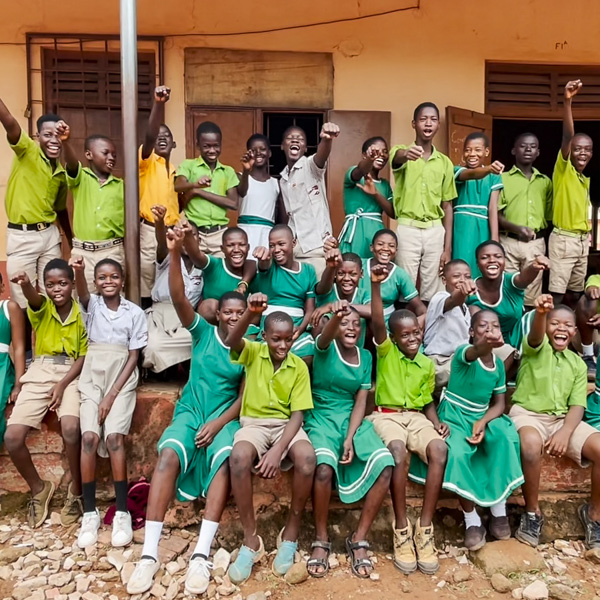Washington State USA Introduces Mandatory Sex Trafficking Education For Pupils
Washington State in the United States has taken a groundbreaking step by introducing a mandatory sex trafficking prevention curriculum for students aged 12 to 18 from April 2024.
The sex trafficking situation in Washington State has seen significant challenges and developments in recent years. Domestic minor sex trafficking, where U.S. citizens or lawful permanent residents under 18 are exploited for commercial sex, is a growing concern. Gangs and traffickers find prostituting minors a lucrative business, with American children being particularly vulnerable due to the ease of recruiting them compared to foreign victims. High-profile cases have emerged, such as a Seattle man forcing underage girls into prostitution, highlighting the urgent need for effective interventions.
Washington has witnessed a notable increase in the number of identified trafficking victims, with a 74% rise from 194 to 337 victims between 2015 and 2021. This surge outpaces the national average, indicating a significant local issue. The Seattle area, in particular, has seen a growth in the number of commercially sexually exploited children, with recent studies identifying nearly twice the number of victims compared to previous years. However, challenges such as reduced law enforcement resources and the lack of youth shelters and long-term treatment centres complicate efforts to combat trafficking and support victims effectively.

Children from 12-18 years old will be mandated to receive sex trafficking education from April 2024 in Washington State, USA
Legal actions against traffickers in Washington have seen some progress, with new criminal human trafficking cases filed and defendants convicted. However, the issue of restitution remains problematic, with a decrease in defendants ordered to pay restitution to their victims in 2021 compared to 2020. This highlights ongoing challenges in ensuring justice and support for victims.
The experiences in Washington State underscore the complexity of combating sex trafficking and the need for sustained, collaborative efforts to protect vulnerable populations and hold perpetrators accountable. There is no doubt that Ghana faces its own unique challenges but the situation in Washington State highlights the drivers of human trafficking and the obstacles to solving the problem remain the same.
It’s imperative to empower vulnerable students to become advocates for their own safety and the safety of others. Education plays a vital role in empowering individuals to recognize and respond to potential dangers of human trafficking. The Hope Education Project’s pilot program in Tamale, Northern Region, seeks to develop and test a local human trafficking education model. The pilot will give us valuable data which will enable us to further refine the program for the local context.



